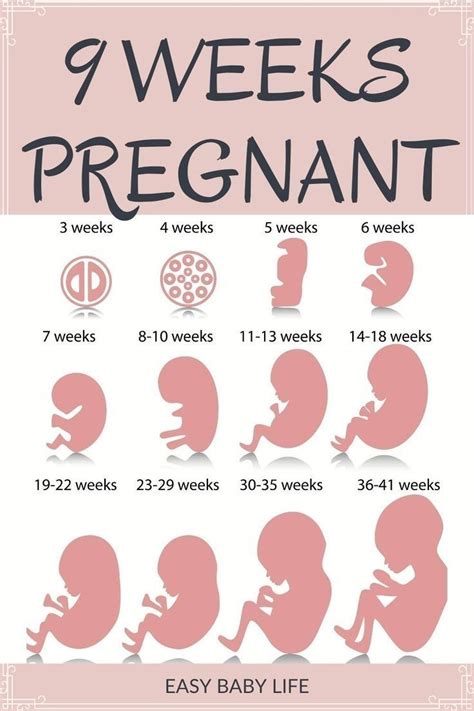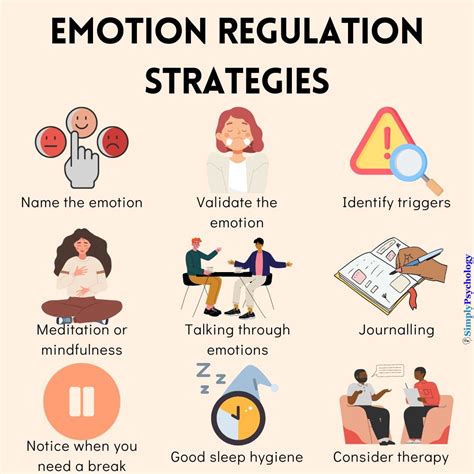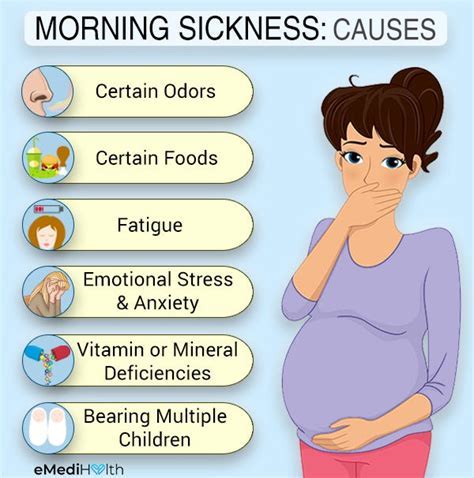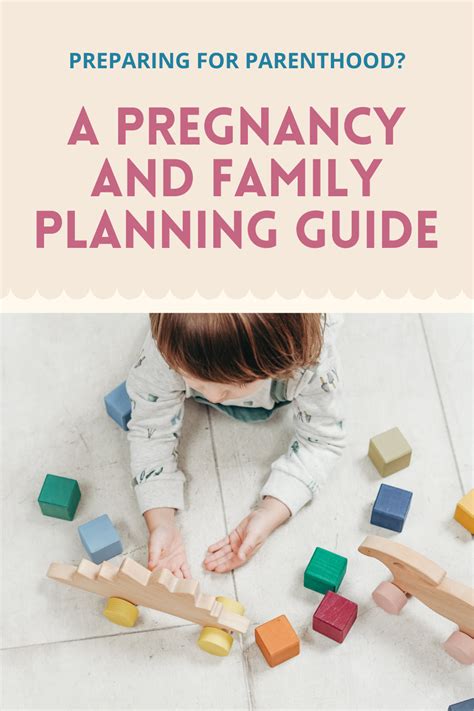Intro
Discover essential 9 weeks pregnant tips, including fetal development, pregnancy symptoms, and nutrition advice, to ensure a healthy pregnancy and baby growth during this critical period of embryogenesis and prenatal care.
At 9 weeks pregnant, you're almost at the end of your first trimester. This period is crucial, and it's essential to take good care of yourself and your growing baby. You might be experiencing a mix of emotions, from excitement to anxiety, as you prepare for the arrival of your little one. As your body undergoes significant changes, it's vital to stay informed and adapt to the new developments.
As you navigate this critical phase, you'll likely have many questions about what to expect and how to ensure a healthy pregnancy. Your baby is growing rapidly, and their major organs and body systems are starting to function. It's an exciting time, and with the right guidance, you can make the most of it. In the coming weeks, you'll start to feel more connected to your baby, and your prenatal care will become more frequent.
Your health and well-being are paramount during this period. You might be experiencing morning sickness, fatigue, and mood swings, but there are ways to manage these symptoms. A balanced diet, regular exercise, and sufficient rest can help alleviate some of the discomforts associated with pregnancy. Additionally, staying hydrated, avoiding harmful substances, and attending prenatal appointments can ensure a smooth and healthy pregnancy.
Physical Changes During 9 Weeks Pregnancy

- A growing belly: Your waistline might start to expand, and you may need to adjust your clothing to accommodate your changing body.
- Breast tenderness: Hormonal fluctuations can cause breast swelling and tenderness.
- Fatigue: Pregnancy hormones can make you feel tired and sluggish.
- Morning sickness: Nausea and vomiting are common during the first trimester.
- Mood swings: Hormonal changes can lead to emotional ups and downs.
Emotional Changes During 9 Weeks Pregnancy

- Anxiety: Worries about the baby's health, pregnancy complications, or parenthood can cause anxiety.
- Excitement: The anticipation of meeting your baby can bring feelings of joy and excitement.
- Mood swings: Hormonal changes can lead to irritability, sadness, or emotional instability.
- Fear: Concerns about childbirth, parenting, or the unknown can evoke fear.
Prenatal Care at 9 Weeks Pregnant

- Monitor your blood pressure and weight
- Check your urine for protein and sugar
- Measure your belly to track the baby's growth
- Discuss any concerns or questions you may have
- Schedule future appointments and tests
Tips for a Healthy Pregnancy at 9 Weeks

- Eat a balanced diet: Focus on whole foods, fruits, vegetables, and lean proteins.
- Stay hydrated: Drink plenty of water to help your body function properly.
- Exercise regularly: Gentle exercises like walking, swimming, or prenatal yoga can help maintain physical and mental well-being.
- Get enough rest: Aim for 7-8 hours of sleep per night to help your body recover.
- Avoid harmful substances: Refrain from smoking, drinking, or using illicit substances.
9 Weeks Pregnant Diet and Nutrition

- Fruits: Berries, citrus fruits, and apples are excellent sources of vitamins and fiber.
- Vegetables: Leafy greens, broccoli, and bell peppers provide essential vitamins and minerals.
- Proteins: Lean meats, fish, eggs, and legumes support fetal growth and development.
- Whole grains: Brown rice, quinoa, and whole-wheat bread offer fiber, vitamins, and minerals.
- Dairy: Milk, cheese, and yogurt provide calcium, protein, and vitamins.
Managing Morning Sickness at 9 Weeks Pregnant

- Eat small, frequent meals: Grazing on snacks throughout the day can help alleviate nausea.
- Avoid strong smells: Steer clear of pungent foods, perfumes, or cleaning products that can trigger nausea.
- Stay hydrated: Drink plenty of water to help your body function properly.
- Try ginger: Ginger tea, ginger ale, or ginger candies can help soothe the stomach.
- Rest: Get plenty of rest to help your body recover from the physical and emotional demands of pregnancy.
9 Weeks Pregnant and Feeling Overwhelmed

- Talking to your partner: Share your feelings and concerns with your partner to build a stronger support system.
- Joining a support group: Connect with other expectant mothers to share experiences and advice.
- Practicing self-care: Engage in activities that bring you joy, such as reading, meditation, or yoga.
- Seeking professional help: If you're struggling with anxiety or depression, consider consulting a mental health professional.
Preparing for Parenthood at 9 Weeks Pregnant

- Reading parenting books: Educate yourself on parenting styles, child development, and newborn care.
- Attending parenting classes: Learn about childbirth, breastfeeding, and infant care.
- Building a support network: Connect with family, friends, and other expectant parents to build a strong support system.
- Preparing your home: Create a safe and nurturing environment for your baby by baby-proofing your home and setting up a nursery.
What are the most common symptoms at 9 weeks pregnant?
+Morning sickness, fatigue, breast tenderness, and mood swings are common symptoms at 9 weeks pregnant.
How often should I attend prenatal appointments at 9 weeks pregnant?
+Typically, prenatal appointments are scheduled every 4-6 weeks during the first trimester. However, your healthcare provider may recommend more frequent visits based on your individual needs.
What are the best foods to eat at 9 weeks pregnant?
+A balanced diet rich in whole foods, fruits, vegetables, lean proteins, and whole grains is essential for a healthy pregnancy. Focus on nutrient-dense foods like berries, leafy greens, and lean meats.
Can I exercise at 9 weeks pregnant?
+Yes, gentle exercises like walking, swimming, or prenatal yoga are recommended during pregnancy. However, it's essential to consult with your healthcare provider before starting any new exercise routine.
How can I manage morning sickness at 9 weeks pregnant?
+Eating small, frequent meals, avoiding strong smells, staying hydrated, trying ginger, and getting plenty of rest can help alleviate morning sickness.
As you continue on your pregnancy journey, remember to stay informed, prioritize your health, and cherish this special time. Share your thoughts, questions, and concerns in the comments below, and don't forget to share this article with expectant mothers who may benefit from this valuable information. By working together and supporting one another, we can create a community that celebrates the beauty and wonder of pregnancy.
